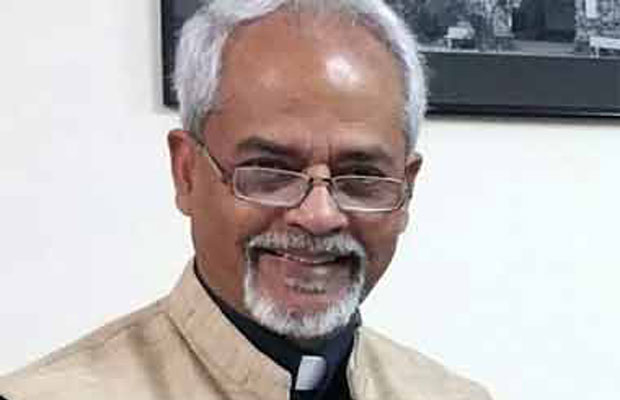By Ajaya Kumar Singh
We observe Minority Rights Day on December 18. Here, we critically examine the significance of the minority rights; whether India as a State empowers and protects the rights of minorities or snatches away their rights.
According to a definition offered in 1977 by Francesco Capotorti, Special Rapporteur of the United Nations Sub-Commission on Prevention of Discrimination and Protection of Minorities, a minority is: A group numerically inferior to the rest of the population of a State, in a non-dominant position, whose members-being nationals of the State – possess ethnic, religious or linguistic characteristics differing from those of the rest of the population and show, if only implicitly, a sense of solidarity, directed towards preserving their culture, traditions, religion or language.[i]
The United Nations adopted by consensus in 1992 based on national or ethnic, cultural, religious identity and expects that the States should protect them. There is no internationally agreed definition as to which groups constitute minorities. The States could include in lists of minorities of sexual orientations like LGBTQ (lesbian, gay, bisexual, transgender, and questioning) groups and other ethnic groups too. In India, religious minorities recognised on the basis of religious preferences and referred to as minorities.
As per the Census 2011, the percentage of minorities is about 19.3% of the total population of the country. The population of Muslims is 14.23%, Christians 2.3%, Sikhs 1.72%, Buddhists 0.7%, Jains 0.37%, and other religions including Parsi and Jews are 0.6% while 79% of Hindus constitute India. It has been notified except for Hindus, the rest communities have been identified as minority communities.
The government of India established the National Minorities Commission in 1978 that mentions, “despite the safeguards provided in the Constitution and the laws in force, there persists among the Minorities a feeling of inequality and discrimination”.[ii]
The federal government established the Ministry of Minority Affairs in 2006. For an Indian citizen, the religious minority equally entails the fundamental rights of the Indian constitution.
The Indian State provides every citizen’s right to ‘equality before the law’ and ‘equality of opportunity in employment or appointment to any office in India (Art 14 & 16).
The State provides ‘protection of the equal protection of the laws’ and prohibits discriminates of the citizens ‘on grounds only of religion, race, caste, sex, place of birth or any of them’ (Art 14 & 15). The state commits to ‘all persons are equally entitled to freedom of conscience and the right freely to profess, practise and propagate religion’ (Art 25).
The Indian State provides special rights to the minorities ‘to conserve a distinct language, script or culture’ and not to deny ‘admission into any educational institution maintained by the state or (it’s) funds on grounds only of religion, race, caste, language or any of them (Art 29).
The minorities have the ‘Right to establish and administer educational institutes of their choice’ and ‘the State shall not in granting aid to educational institutions, discriminate against any educational institution on the ground that it is under the management of a minority, whether based on religion or language’ (Art 30).
[i] https://www.ohchr.org/EN/Issues/Minorities/Pages/internationallaw.aspx#:~:text=According%20to%20a%20definition%20offered,dominant%20position%2C%20whose%20members%20%2D%20being
[ii] http://ncm.nic.in/home/pdf/about%20ncm/genisis.pdf
(Ajaya Kumar Singh is a human rights activist).






